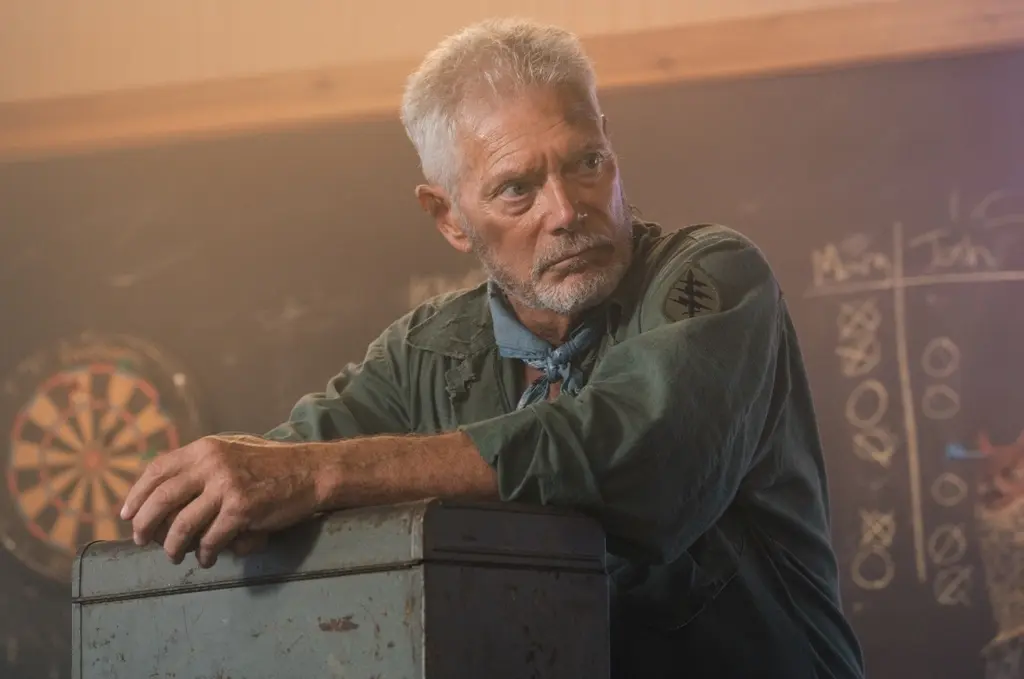As our country gets further away from World War II, the nation’s collective memory of its importance to our history becomes more ephemeral with each subsequent generation.
Memorial Day was first observed on May 30, 1868, in honor of deceased Civil War combatants. The holiday developed greater resonance in the wake of the two world wars yet, sadly, more people now view it as the unofficial start of summer, not knowing (or wanting to know) its origins or meaning.





